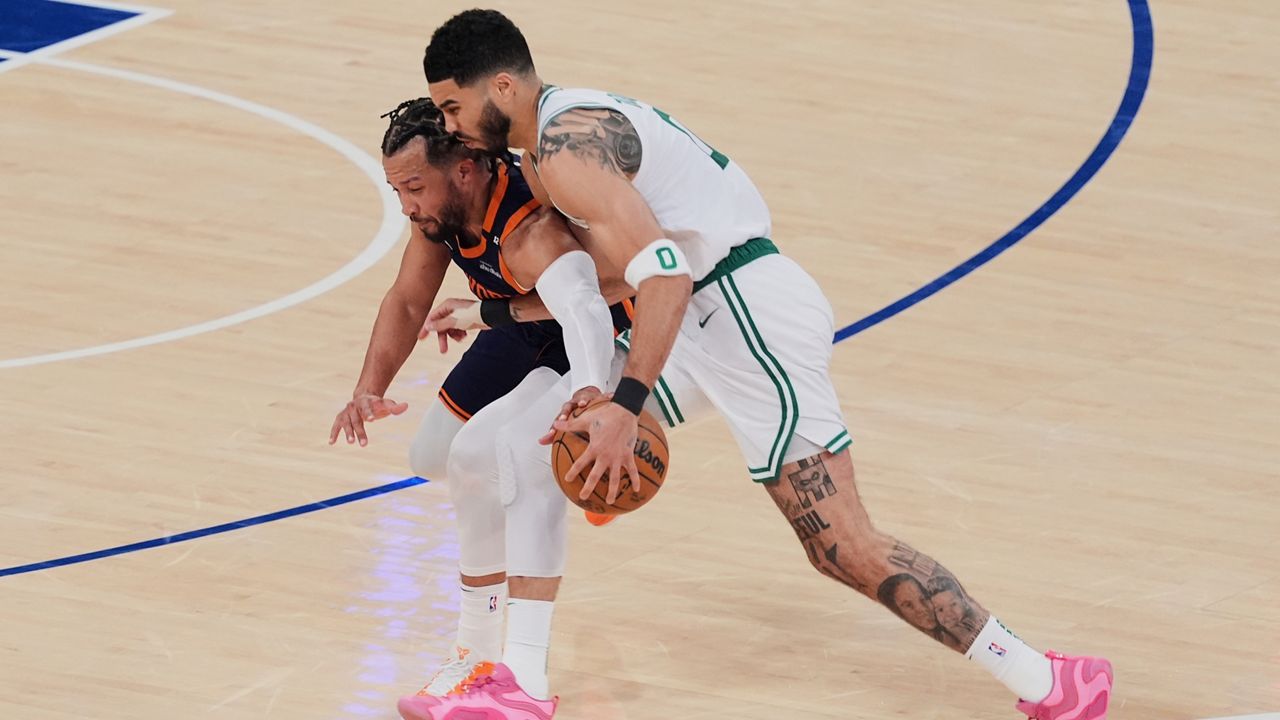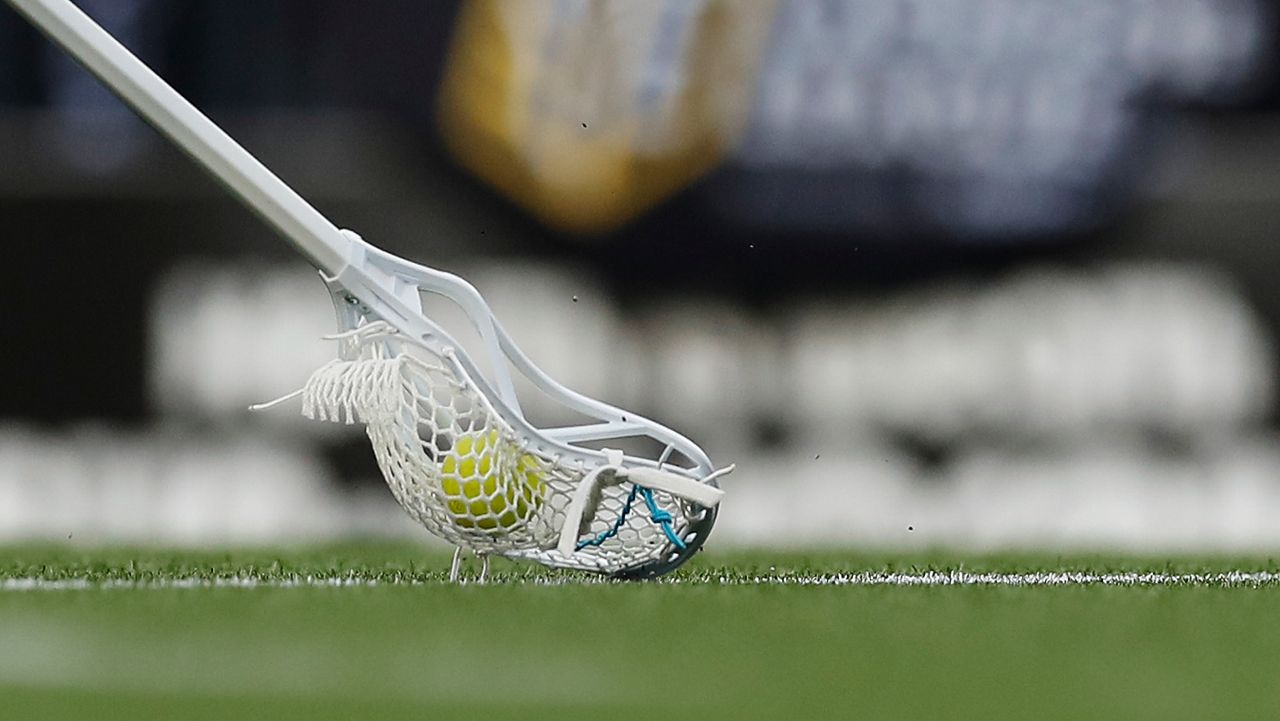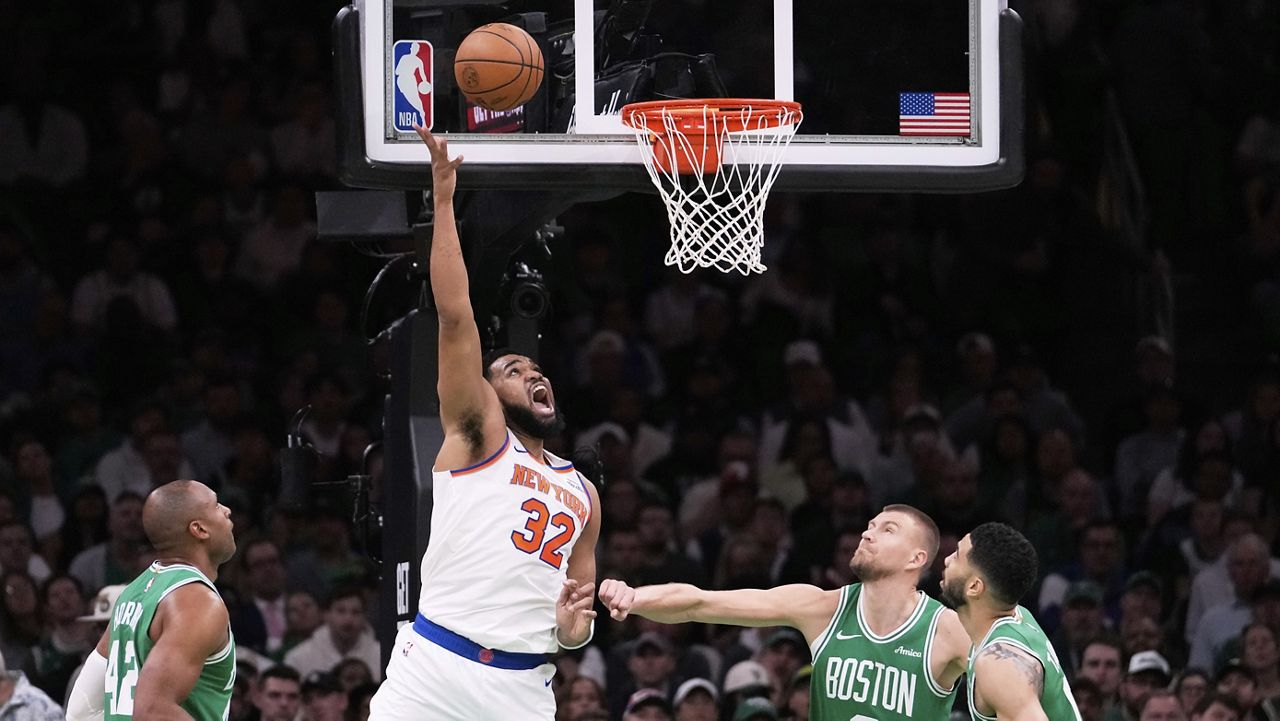Fewer people are adopting pets these days compared to the past few years. Some are also saying goodbye to their animals altogether.
Companions come in all shapes and sizes. Most people have dogs and cats as pets, while others think bigger.
“You can see that they become like our friends,” said Bill Crain, co-owner of Safe Haven Farm Sanctuary.
What You Need To Know
- Safe Haven Farm Sanctuary currently has 170 animals that are all rescues from slaughter or abandonment
- The sanctuary has had multiple animals brought there as a result of people not having time to care for them anymore
- The sanctuary owner wants people to understand the responsibility they’re committing to when they adopt
He said his sanctuary currently has 170 animals that are all rescues from slaughter or abandonment.
“One of the reasons is that people think the pandemic is over, and they’re going back to work, and so they don’t feel they’re able to take care of the animals anymore,” Crain said.
One animal on his farm, Houston, is an older horse who’s partially blind and was being taken care of by a woman who had to go back to her office. She didn’t have any more time for him.
“He had a really, really terrible life, but he’s getting pretty happy here,” Crain said.
Crain said people often purchase ducks and chicks from stores because they think they’re cute, but then quickly realize the amount of work needed to care for them is intense.
“We try to talk them into keeping them if they can ‘cause everybody’s pretty filled up. The sanctuaries are filled up. We have no more room,” Crain said.
According to Crain, most domestic ducks can’t fly, making it difficult for them to stay alive outside a secured area.
“It’s a real problem. A lot of them are just being dumped on the roadsides and thrown into ponds, and they’re gonna be eaten by predators. A lot of them are killed by cars,” Crain said.
Crain wants people to understand the responsibility they’re committing to when they adopt. Their decision to take in an animal means its life is in the owner’s hands.
“These are living beings. You can’t just dump them. They’re not like toys, disposable toys,” Crain said. “We hope to tell people that they have to be responsible for them, just like they’re responsible for their children.”










